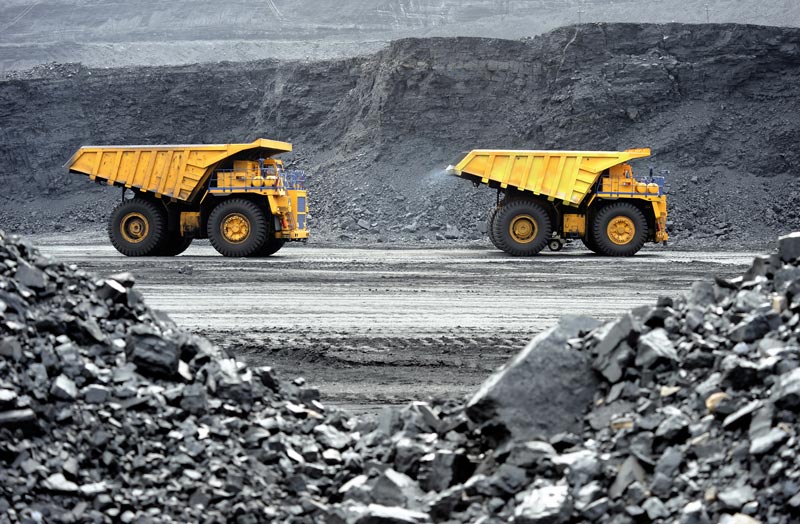New Cumbria Coalmine Threatens UK Climate Goals

A new report has called the Woodhouse colliery in Cumbria unnecessary and incompatible with the UK’s goal to achieve net-zero emissions of carbon by 2050.
The £165 million colliery will be Britain’s first deep coalmine in three decades. In March of last year it was given cross-party backing which led to protests from climate campaigners arguing that the UK’s efforts to reduce CO2 emissions would be hampered by the coalmine.
The coalmine will process 2.5m tonnes of coking coal annually for the UK and European steel industry in a bid to replace imports from Russia, Colombia, Canada, and the US
The recent report by Green Alliance, an independent thinktank, has found that the mine will impede the development of low-carbon steelmaking.
The report was written by two university professors specialising in environmental issues, and argued that the opening of a new colliery would continue the supply of cheap coal that would give steelmakers less incentive to pursue low-carbon alternatives.
It also dispels Cumbria county council’s claim that the colliery would be carbon neutral. The mine is estimated to produce 8.4m tonnes of CO2 each year according to Professor Rebecca Willis and Mike Berners-Lee of Lancaster University - the same level of emissions produced by over one million households.
The UK has the aim of becoming net-zero with regards to carbon emissions by 2050. In August of 2019 a clean steel fund was announced as the UK committed to move towards lower carbon steel production. However, the report claims that the mine will compromise these goals.
“The proposed mine is clearly incompatible with the UK’s climate ambitions and the need for a clean energy future. The new government has championed its commitment to climate action. It now needs to set out its policy on fossil fuel extraction, making clear that digging more coal out of the ground is no longer acceptable”, said Willis.
Some of the recommendations outlined in the report included using recycled steel, improving the efficiency of the blast furnaces used in steel production, producing steel with renewable energy, and even using less steel altogether.
Green Alliance’s policy director, Dustin Benton, said: “Clean energy has already made coal obsolete in the power sector. Our previous work shows that UK demand for coking coal would halve if steel producers opted for cheaper, cleaner steel production using today’s technologies.
“In addition, innovation in zero carbon steel production means this mine will likely become redundant in the near future, saddling Cumbria with an expensive stranded asset”.
A Department for Business, Energy and Industrial Strategy spokesperson said: “Although coal will soon no longer be part of our energy system, there will continue to be domestic demand for coal in industries such as steel, cement and even heritage railways”.
Read on our blog

With the government poised to implement tough new measures to...

Budget broadband provider TalkTalk has been notifying customers via email...

A year-long investigation by charity Citizens Advice has revealed a...

Education Secretary Nadhim Zahawi has announced a new commitment to...
